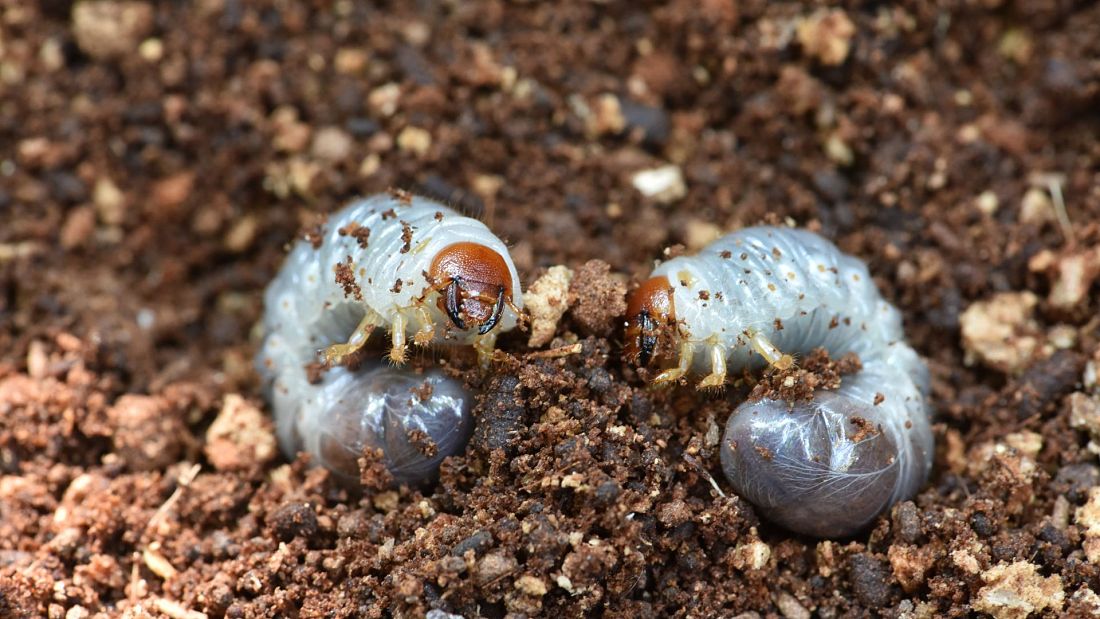
A Japanese inventor learned how to recycle plastic bags into oil with a new machine.
A Japanese inventor has designed an innovative machine that can recycle plastic bags into oil. 70-year old Akinori Ito created the recycling device to process hard-to-recycle plastic waste into usable fuel.
Ito’s machine shreds plastic bags into flakes and then melts them at high heat, producing an oil liquid similar to light crude. The unconventional recycling method aims to reduce waste while generating income for local communities. The machines come in a variety of sizes, from desktop-sized to community-scale.
“I don’t want this equipment to just be used by major companies. I want it to be used in small towns and villages,” Ito shared.
His compact recycling unit measures around 4.5 meters long by 2.5 meters wide with various control stations. Up to 1 kilogram of plastic bags can be loaded into the shredder per hour.
The shredded plastic is then fed into a hot furnace, melting the material at temperatures up to 430 degrees Celsius. The intense heat decomposes the hydrocarbons and will recycle plastic bags into oil.
Different grades of fuel oil can be created depending on the temperature and components used. Higher heat produces lighter oils akin to diesel or gasoline. The oil can then be sold to buyers as recycled petroleum products.
Japan generates over 9 million tons of plastic waste annually but recycles only 22% of it, government statistics report. The country imports much of its energy and previously recycled most plastics into lower-grade uses like concrete filler. The ability to recycle plastic bags into oil is something that Japan needs.
Motivated by both the waste and energy issues, Ito spent over 20 years perfecting a system to upcycle plastics into usable crude oil.
After testing various methods, the retired electronics engineer pioneered the pressurized hot furnace technique to recycle plastic bags into oil.
“I didn’t expect oil made from plastic bags would be such good quality when I first produced it,” shared Ito. “The quality of oil is high enough to be sold to consumers.”
By selling the oil produced, local groups and municipalities can fund new recycling efforts in a self-sustaining loop. “I hope more people will use the machine in their community,” said Ito.
Several Japanese municipalities have already installed Ito’s invention to process hard-to-recycle plastic films, bags, wrappings, and other waste into oil.
The city of Akita estimates they can convert several hundred kilograms of plastic waste per day into nearly $500 worth of oil. Some groups report producing over 80 liters of oil daily.
But challenges remain in scaling up the niche recycling concept. Collecting sufficient plastic volumes is difficult in smaller towns. Removing ink and labels from plastic bags is an added step. The systems also require maintenance of technical equipment.
Still, supporters believe Ito’s invention provides an important outlet to reduce unrecyclable plastics piling up in Japan and other countries. His machine offers a rare solution for polyethylene films that lack recycling markets globally.
If expanded, systems that recycle plastic bags into oil could reduce environmental and crude oil imports for countries while generating income. With further development, experts envision entire localized supply chains optimizing the plastic-to-fuel concept.
For his innovation, Ito was awarded the Medal of Honor from Japan’s Ministry of Environment in 2018. His persistence in creating a real-world solution also highlights the power of grassroots initiatives to spur change.
Said Ito: “I don’t want my technology to end up sitting on the shelf. I want it to be used practically to help communities.”
Source Happy Eco News




